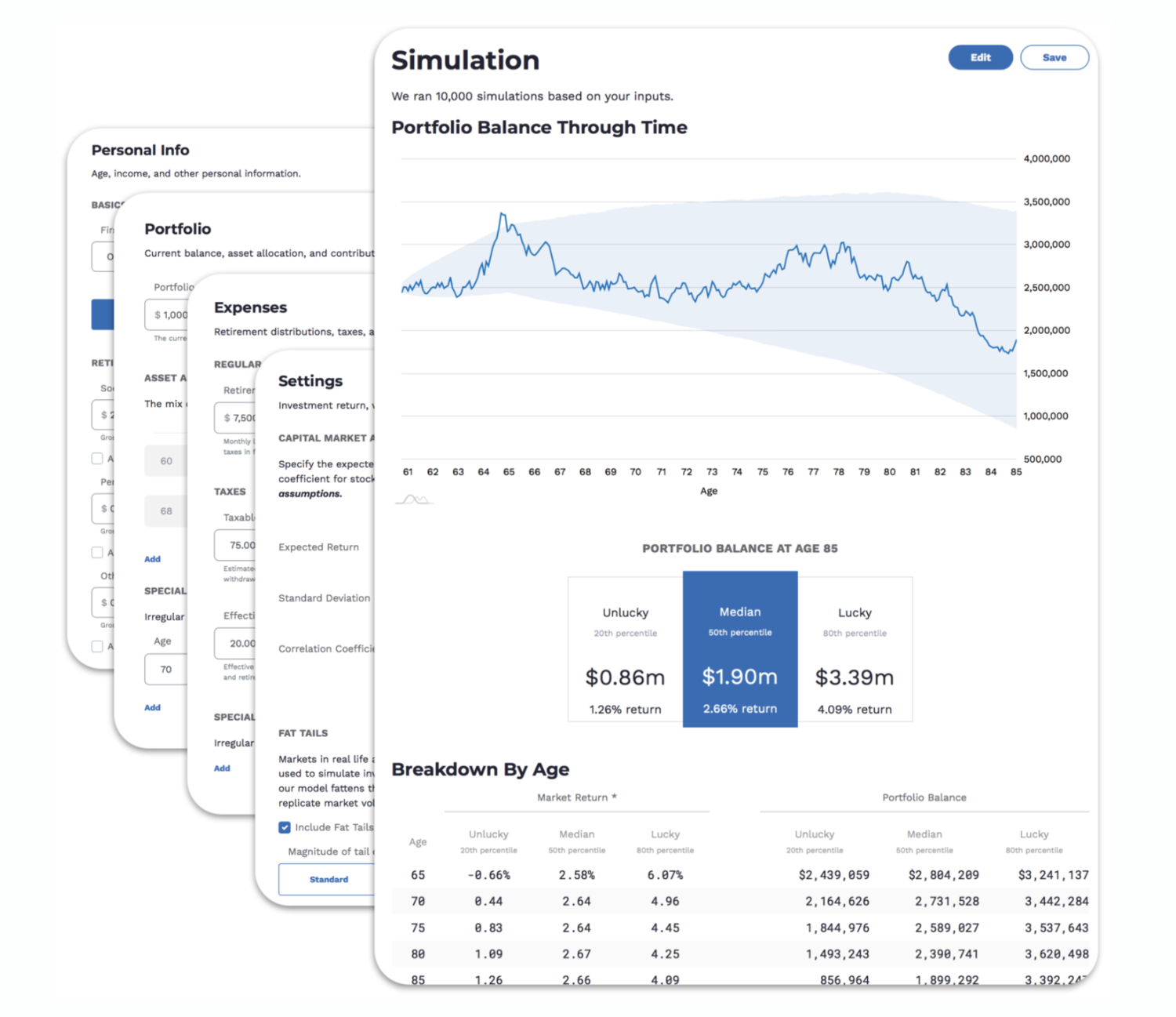My general thought on taxes is to not over-think it too much as the Govt will get a cut one way or another, but there are some things to consider - with the caveat I am not a financial advisor nor did I stay at a Holiday Inn Express last night.
When (if?) do you plan to take Social Security? That will be taxable income and whatever you withdraw from taxable sources will add to that. So the way I see it, I would withdraw from taxable sources first (401k and similar) and leave any non-taxable sources like a Roth alone until I started getting SS.
Then you start looking at the tax tables. Withdraw an amount from taxable sources that will keep you under a desired tax limit. These tend to change a bit every year, so there are no hard-fast rules. Depending on how much you have in various accounts, it can be beneficial to withdraw from the 401k and put it into the Roth accounts, but only to keep it under the tax table limits. The idea here being to withdraw from taxable sources up to a certain tax table level and then you the non-taxable sources if you need fund above that amount.
Eventually you will hit the age where you start having to do Required Distributions and pay taxes on that, but given that is a percentage amount, if you have less in the account, you'll withdraw less.
My main source of reference is my mother, who has a pension along with a fair amount in standard investment accounts (not a 401k or Roth), so she has to make quarterly estimated tax payments. Then she has to file a tax return just like everyone else. Sometimes the estimated payments are too much, sometimes too little. She generally prefers to owe every year. To her, a refund is basically lending the Govt money interest free. I am assuming that once I retire and no longer have my employer taking out withholdings, I'll have to make quarterly payments as well.








